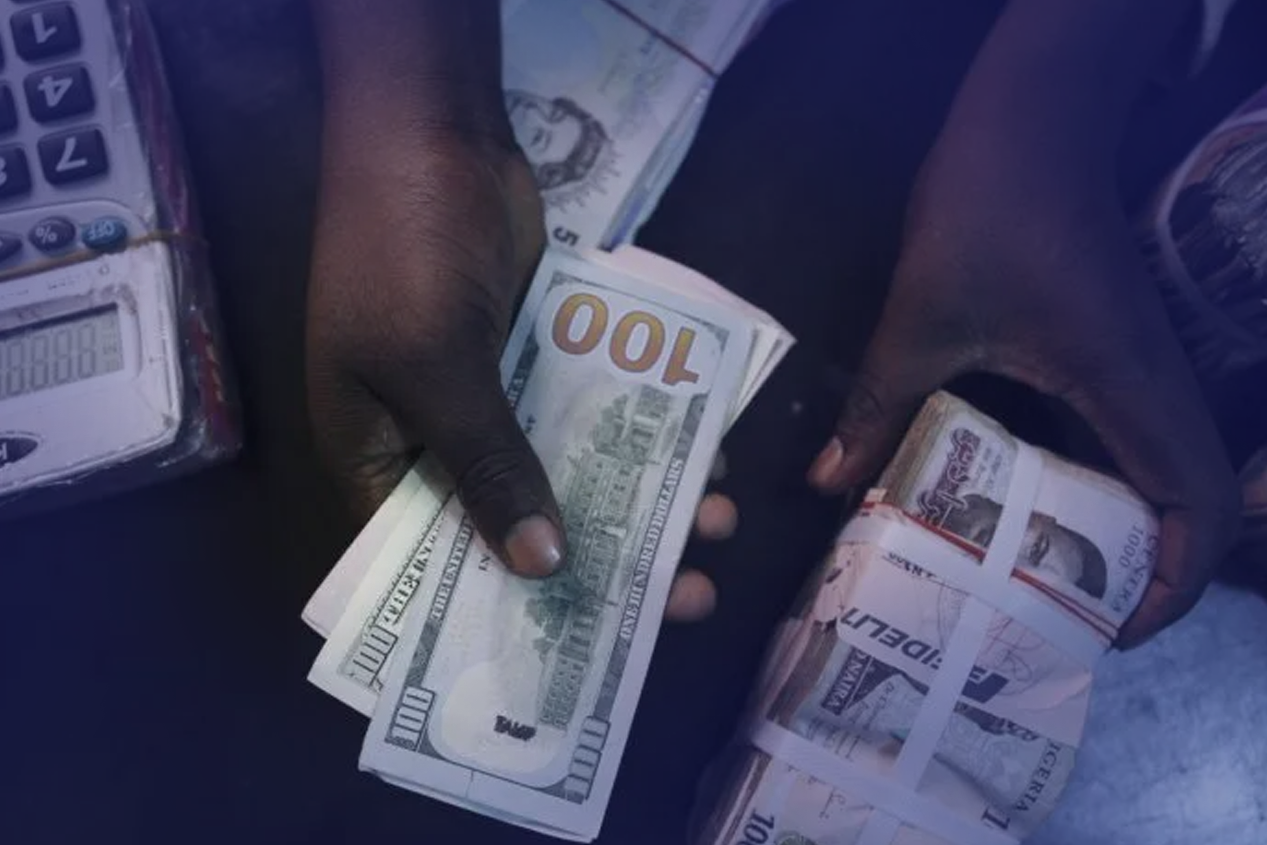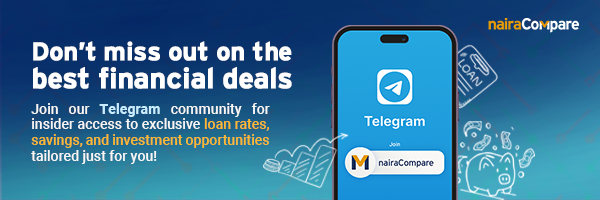
Bank vs. Black Market: Where Should You Exchange Naira for Dollars?
Author Eyitemi Efole
If you're in Nigeria and need foreign currency—whether for school fees, travel, business, or even online shopping—you’ll often face a key decision: Should you exchange naira for dollars at the bank or through the black market?
Both options come with trade-offs. Banks offer structure and security but often at lower rates. The black market offers speed and better rates—but with more risk.
This guide breaks down the differences between bank and black market exchange rates, what’s involved in each process, and which option might suit your situation. The goal? To help you make an informed decision when converting naira to dollars, especially in Nigeria's ever-changing FX landscape.
Understanding the Exchange Rate Dynamics
Official Rate (Bank)
The Central Bank of Nigeria (CBN) sets the official exchange rate, which banks are expected to follow. This rate is influenced by government policies, forex reserves, and broader macroeconomic conditions. It's often lower than market demand would suggest.
Black Market Rate
The black market exchange rate is driven purely by demand and supply. When the dollar supply is low and demand is high (like during festive seasons or tuition payment periods), the rate spikes. These rates are usually more favourable for sellers of dollars—but not always reliable.
|
Factor |
Bank Rate (Official) |
Black Market Rate |
|
Determined by |
CBN policy |
Market demand/supply |
|
Transparency |
High |
Low |
|
Rate Stability |
More stable |
Highly volatile |
|
Common Use Case |
Documented needs |
Urgent/personal transactions |
Want a deeper dive into exchange rates? Check the CBN official FX rate tracker for real-time updates.
Exchanging Naira for Dollars at Banks
Pros
- Security: Transactions are traceable and protected by regulation.
- Genuine Currency: Lower risk of receiving fake notes.
- Larger Transactions: Can handle bulk exchanges (subject to bank limits).
Cons
- Unfavourable Rates: Often worse than black market rates.
- Heavy Paperwork: BVN, passport, ticket, visa—you’ll need it all.
- Delays & Shortages: Some banks run out of FX or delay disbursement.
- Low Daily Limits: CBN caps how much FX you can access for PTA/BTA.
Typical Process
-
Visit your bank with valid documents.
-
Submit an application for FX (usually under PTA/BTA or tuition).
-
Wait for approval—can take days.
-
If approved, FX is transferred or made available in cash.
Exchanging Naira for Dollars at the Black Market
Pros
- Better Exchange Rate: Often significantly higher than bank rates.
- Less Red Tape: No BVN or travel docs are needed.
- Speed: Transactions are completed in minutes.
- Accessibility: Widespread presence in cities like Lagos and Abuja.
Cons
- Risk of Scams: No regulation = no recourse.
- Security Issues: Physical cash deals carry robbery risks.
- Counterfeit Notes: You could get fake or old currency.
- Legal Risk: Black market dealings aren’t officially sanctioned.
Typical Process
-
Locate a trusted Bureau de Change or roadside exchanger (e.g., in Lagos Island or Abuja Zone 4).
-
Negotiate the rate—it's fluid and changes by the hour.
-
Transact in cash or sometimes via P2P bank transfers.
-
Count and verify your dollars—there’s no going back.
Note: If you go this route, ensure you’re dealing with well-known dealers. Avoid side-road exchanges with no reputation.
Key Considerations When Choosing
Ask Yourself These Questions:
-
Is the rate difference worth the risk?
Small transactions may not justify the black market's risks. But for large amounts, the better rate can save you thousands. -
How much are you exchanging?
Banks are safer for large volumes. But if you need $100 quickly, the black market might be easier. -
Do you have the right documents?
No BVN, passport or ticket? Then the bank is a no-go. -
How urgent is the need?
If you’re flying in 24 hours, the black market is often your only bet.
|
Factor |
Best Option |
|
Small amount, fast |
Black market |
|
Large, documented |
Bank |
|
Risk-averse |
Bank |
|
No documents |
Black market (with caution) |
Recent Developments and Regulations (as of April 1, 2025)
-
CBN’s New FX Guidelines: In March 2025, the CBN reinforced unified exchange rates and now requires banks to publish their daily rates transparently.
-
Black Market Crackdown: EFCC and other agencies have intensified raids in high-volume trading areas like Abuja and Lagos.
-
Limited Dollar Supply at Banks: Despite policy changes, many banks still experience FX shortages, leading customers back to the black market.
-
Tech-Savvy Black Market: Dealers now use WhatsApp and Telegram to advertise rates and process transfers, creating a pseudo-digital black market.
If you're tracking rates daily, check out Maxella, our AI-powered FX advisor on nairaCompare. Maxella alerts you when the dollar to naira today hits favourable levels.
Bank or Black Market—Which Is Right for You?
There’s no one-size-fits-all answer. If your top priority is safety, legality, and documentation, use your bank—even if the rates are lower. But if speed and access matter more—and you're prepared for the risks—the black market might be the practical choice.
Quick Summary
|
Feature |
Bank |
Black Market |
|
Rate |
Less favourable |
More favourable |
|
Speed |
Slower |
Instant |
|
Risk Level |
Low |
High |
|
Legal Compliance |
Full |
None |
|
Documentation |
Mandatory |
Optional |

Recommendation
- For large, official transactions (school fees, PTA, BTA), stick with the bank.
- For smaller, time-sensitive needs—and if you know a reliable source—the black market can work, but proceed with caution.
Alternative Options: Online Currency Exchange Platforms
Fintech solutions like nairaCompare provide a middle ground. These platforms offer competitive exchange rates, secure transactions, and regulatory compliance.
🔥 Compare Live Exchange Rates Now! Click Here
Disclaimer
This article is intended for general informational purposes only. Currency regulations change rapidly in Nigeria. Before making decisions involving foreign exchange, consult with a financial advisor or check with CBN’s official site for up-to-date rules. Engaging in black market activities may carry legal risks.
Final Verdict
The choice between banks and the black market depends on your priorities: security and legality vs. higher rates and convenience. Always stay informed and compare exchange rates before making a decision.
📢 Stay Updated on Naira to Dollar Rates.
Looking to stay ahead of dollar to naira fluctuations?
About Author

Eyitemi Efole
Eyitemi Efole is exploring the marketing field, with a particular interest in brand management, strategy, and operations. She is keen on understanding how brands build trust and connect meaningfully with their audience.






.png?width=352&name=Official%20Rate%20vs.%20Black%20Market%20Rate%20in%20Nigeria%20Understanding%20the%20Difference%20and%20Which%20to%20Use%20(1).png)

